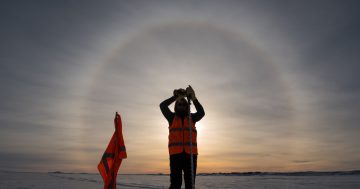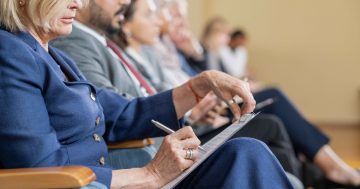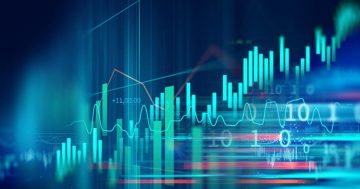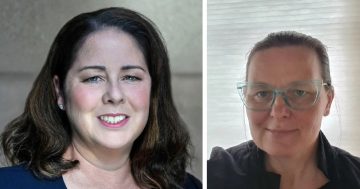 1. This week 10 years ago, the Department of Finance and Deregulation was ordered to introduce a range of measures to discourage the use of “slavery” by suppliers winning Government contracts.
1. This week 10 years ago, the Department of Finance and Deregulation was ordered to introduce a range of measures to discourage the use of “slavery” by suppliers winning Government contracts.
Prime Minister, Julia Gillard said the move was part of a whole-of-government anti-slavery initiative to use PS procurement rules and practices to assist in identifying and stamping out the practice.
She said the Department would work to ensure that Commonwealth procurement arrangements adequately identified slavery as an important issue when considering the ethical behaviour of suppliers and would issue revised procurement guidance to reinforce the need for specific actions or behaviours to eliminate the chances of slavery being used in supply chains.
2. Australia signed on to the Council of Europe Convention on Cybercrime, joining 38 other nations adopting the world’s first international treaty on crimes committed via the internet.
Attorney-General, Mark Dreyfus said Australia’s signature would help combat criminal offences relating to forgery, fraud, child pornography, and infringement of copyright and intellectual property.
“The internet makes it easy for criminals to operate from abroad, especially from those countries where regulations and enforcement arrangements are weaker,” Mr Dreyfus said.
“These powers will allow Australian law enforcement agencies to rapidly obtain data about communications relevant to cybercrimes from partner agencies around the world.”
3. The Council of the Australian War Memorial decided that the names of all Australian Defence personnel who died on operational service, including in non-warlike operations, would be added to new bronze panels to be installed on the Roll of Honour wall in the Memorial’s Commemorative Area.
“We believe this decision reflects a wider community perspective in a changing world,” Chairman of the Council, Rear Admiral Ken Doolan said.
“Members of the Australian Defence Force continue to help define our nation, so it is of vital importance that their service and sacrifice, in all operations, be fittingly commemorated.”
4. A report from the Australian Institute of Management (AIM) found “plenty of room” for improvement in the performance of PS managers compared with their private sector and international counterparts.
National President of AIM, Brian Nye said government managers rated very well in regulatory areas like financial management, integrity and corporate governance and did well for networking, relationships with customers and suppliers and building a positive image for their Agencies.
“But they fall below the national average when it comes to leading people and understanding and exploiting technology and knowledge,” Mr Nye said.
“There seems to be plenty of room for Public Service managers to improve.”
5. The Sex Discrimination Commissioner, Elizabeth Broderick used the recent International Women’s Day to draw attention to the global problem of violence against women, saying Australians tended to believe such violence was mainly a problem in other countries.
Ms Broderick said in fact it was an enormous problem in Australia and was “happening all around us” to women of all backgrounds and income levels, women with disability, older, migrant, refugee, Aboriginal and Torres Strait Islander women, and women of diverse sexuality.
Ms Broderick said violence was the worst form of discrimination against women, and domestic and family violence represented the ultimate betrayal within an intimate relationship.
6. And a decade ago, collaboration between the Bureau of Meteorology (BOM) and CSIRO saw weather forecasters shift to a new dynamic climate model from which to predict future weather.
BOM previously used a model that searched past climate records to find similarities between current and past ocean temperature patterns, rainfall and ocean temperature relationships to generate climate outlooks.
The change would see the Bureau issue its winter outlook based on the new model for Australia using current data on ocean and atmospheric conditions.
Manager of Climate Prediction Services at BOM, Andrew Watkins said increased computer power had enabled scientists to make greater use of the data collected by sources ranging from ocean buoys and ships to satellites.











